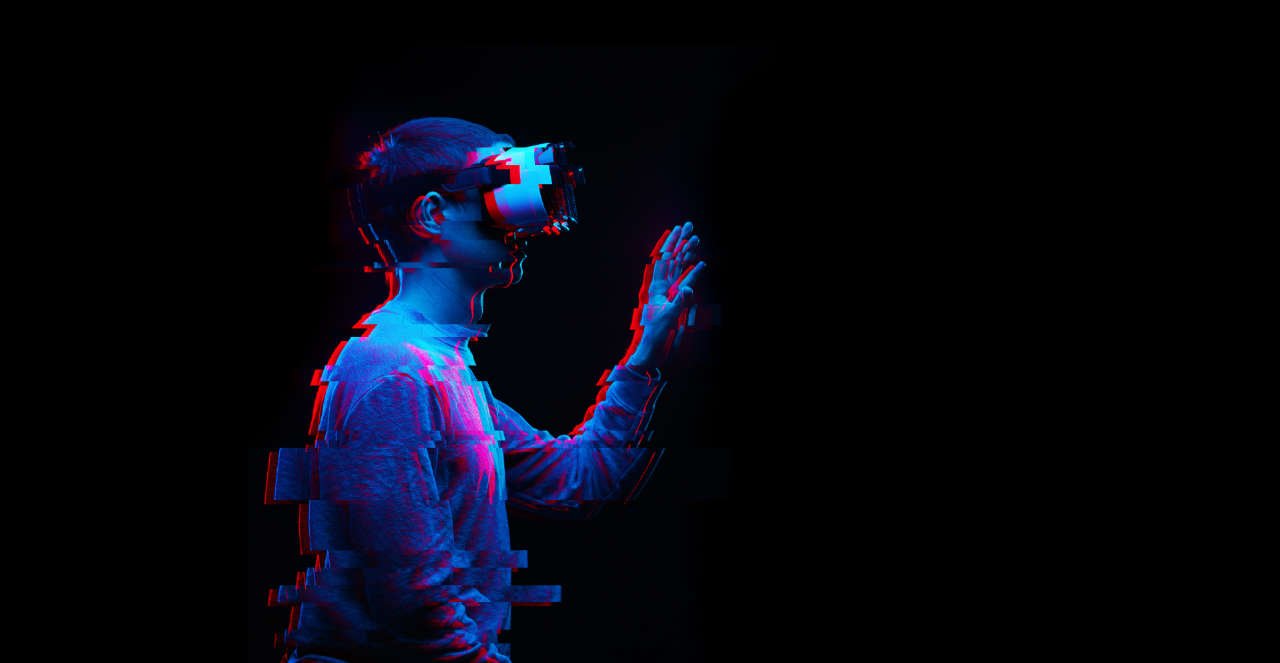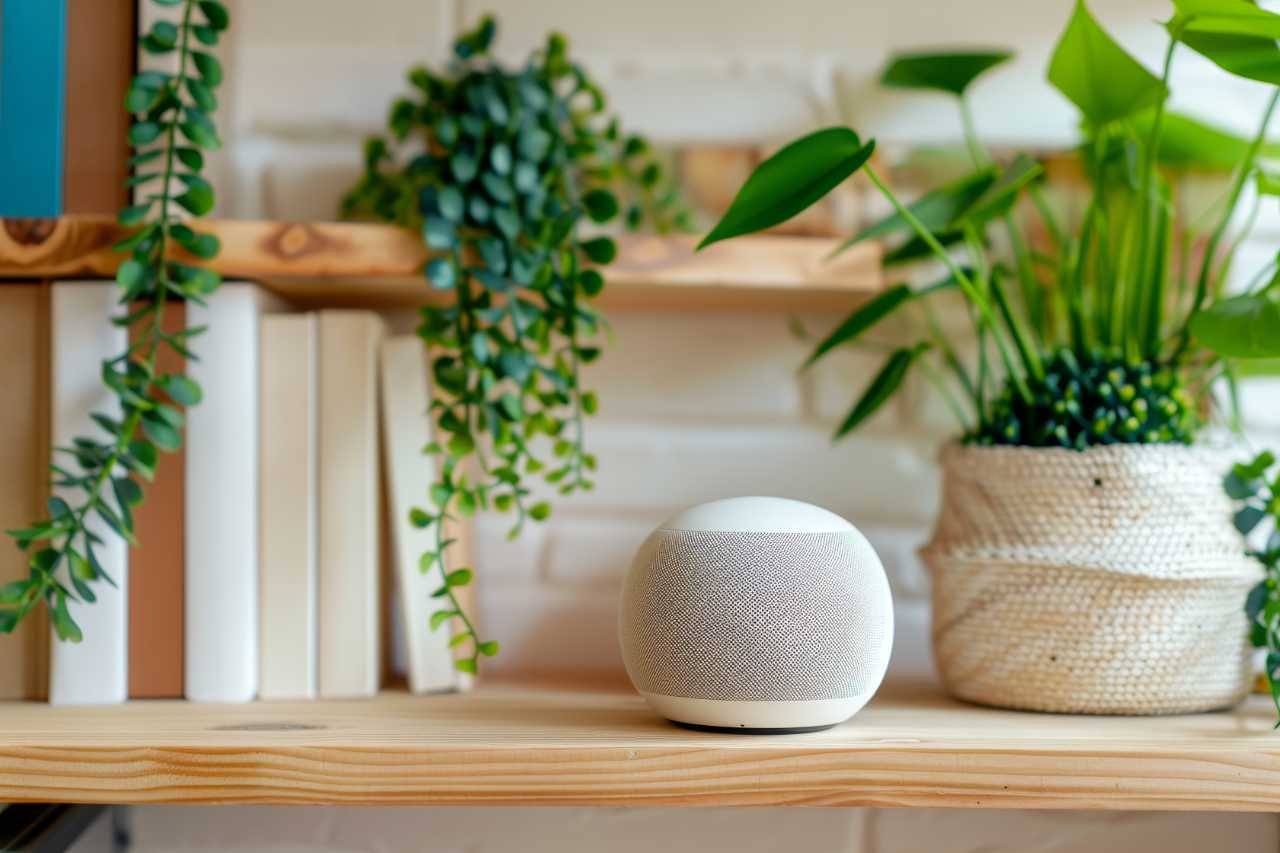Digital marketing is constantly evolving, and being aware of current trends is essential for your business to stay competitive and meet customer expectations.
Since 2022, AI has quickly moved from a niche tool to an integrated part of many businesses – around Around one in six UK organisations, totaling 432,000, have embraced at least one AI technology – according to government research, according to government research. Digital marketing is no exception, with nearly half of marketers using AI for content creation and data analysis.
But that’s just one of the 2024/2025 trends. Video content is more powerful than ever, and social media has changed how we search for information and shop.
We’ve looked back at 2024 so far, and as we head into 2025 what have been the big hitters in digital marketing trends for the year so far?
These are just some of the digital marketing industry trends from 2024 and beyond – which are relevant to your business?
Digital marketing trends 2024
1. Smart AI strategies
Not long ago, AI was a specialised tool, but now it’s become a staple in every digital marketer’s toolkit and is one of the key digital marketing trends to spot. Today, 48% of marketers use AI for content creation, while 45% use it for data analysis and automating specific SEO tasks. AI is also transforming how brands predict consumer behaviour. By 2025, AI-driven predictive analytics will allow marketers to anticipate trends and fine-tune strategies with remarkable accuracy, leading to better resource allocation.
Innovative tools like DALL-E and Midjourney have already transformed certain aspects of content production, and this trend is only expected to grow. However, savvy marketers are using AI to save time and enhance brand authenticity and mission.
2. Google’s E-E-A-T guidelines
While not strictly a trend, Google’s E-E-A-T guidelines (Experience, Expertise, Authoritativeness, and Trustworthiness) are set to be more important than ever for content marketers.
With AI becoming increasingly integrated with content generation, these guidelines are essential in combatting misinformation. They help Google identify trustworthy sources that offer engaging and authoritative content based on real expertise and experience. Bland, generic copy isn’t enough to cut through the noise in the evolving world of content marketing.
Read our complete guide to Google E-E-A-T.
3. The relevance of video
Video looks set to become even more relevant in 2025 and beyond. Instagram and X (formerly Twitter) have become video-first platforms, highlighting the growing importance of short-form video across social media. YouTube continues to dominate video, with over 500 hours of content uploaded every minute.
User-generated content (UGC) is also a critical component of video marketing strategies – video ads featuring UGC have a 400% higher click-through rate than traditional ads due to their authenticity and relatability. Brands look set to focus on creating educational and informative videos, such as webinars, product demos and case studies.
4. The social skyrocket
Social media is reshaping how consumers search for information, with 22% now preferring social platforms over traditional search engines – a 47% increase from the previous year. This shift will mean brands will optimise content for social searches on TikTok and Reddit and adapt strategies for better discoverability on social platforms.
Social commerce is on the rise too, with platforms enhancing their e-commerce features to support direct shopping experiences. HubSpot’s Social Trends Report 2024 shows that social media shopping is up almost 40% year on year, with nearly half of Gen Z and Millennials making purchases directly through social apps. Brands will be making the most of these opportunities by incorporating shoppable posts and influencer partnerships into their social strategies.
Find out more about our digital marketing strategy services.
5. AR and VR – new realities
Augmented Reality (AR) is gaining momentum and is one of the current trends in digital marketing, offering brands exciting opportunities to create immersive product demos and interactive ads. By the end of 2024, AR and Virtual Reality (VR) are projected to generate a revenue of US$40.4bn globally. These technologies are redefining brand storytelling and customer engagement, making them more accessible for both businesses and consumers.
Platforms like TikTok are expected to integrate AI and AR tools, offering brands innovative ways to connect with audiences through personalised content and virtual try-ons.
6. Voice search
Voice search is becoming an integral part of digital marketing, with predictions indicating that over half of all searches will be voice-activated by 2025. This trend pushes marketers to optimise content for voice queries and smart speakers, focusing on natural language and conversational phrases.
The global voice recognition tech market reached close to $12 billion in 2022 and is projected to reach almost $50 billion by 2029. To stay competitive, businesses need to align their SEO and content marketing strategies with voice search trends.
Optimising for long-tail keywords can help improve voice search rankings, as queries often match long-tail keyword patterns. It’s also useful to optimise for local searches, as many voice queries are location-based.
Discover our SEO and search services.
7. Authenticity and community
By 2025, authenticity and community-building will be central to successful digital marketing. Consumers are looking for genuine connections with brands, valuing transparency and real interactions. This shift encourages brands to nurture authentic relationships through community engagement and user-generated content campaigns.
Brands that incorporate UGC into their marketing strategies could see an increase in engagement, as consumers tend to trust content created by their peers more than brand-produced material. The focus in influencer marketing is also shifting towards micro and nano-influencers, who often have more engaged and niche audiences.
8. Ethical personalisation
AI-driven hyper-personalisation allows for the creation of highly tailored marketing messages, but it also raises questions about privacy and is a key digital marketing trend. Personalisation isn’t going anywhere, but the focus in 2025 looks set to shift towards using data ethically. Marketers will need to be transparent in their use of AI, address data security and balance personalisation with privacy.
There’s also a growing emphasis on supporting diversity, equity, and inclusion through ethical data practices. Brands will need to manage these challenges while delivering personalised experiences.
Related Digital Marketing Resources
28/11/2025
The common paid search advertising mistakes hurting your ROI
Discover how to optimise paid search advertising and avoid common mistakes,…
21/11/2025
Social search: what it is and how to embrace it
Social media is rapidly changing how target customers interact with brands.…
15/11/2025
Survive Black Friday with our Black Friday SEO tips
Ensure that your business survives and thrives during the busiest online…






